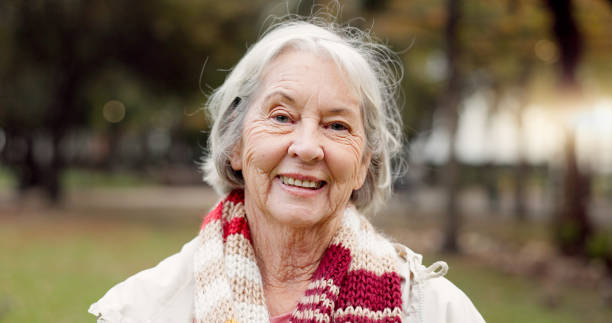Social Justice Ireland’s recent report reveals a troubling rise in poverty rates across the EU, particularly among older adults. Ireland is among the countries with the highest increase in poverty and social exclusion for older people since 2021. This trend is compounded by a growing pension gap, with older women facing nearly double the poverty rate of older men due to factors like caregiving and lower lifetime earnings.
The report also points to a future challenge for younger generations, with increasing non-standard employment—like self-employment—leading to lower pension contributions and fewer opportunities for homeownership. This raises concerns about future reliance on pensions, especially for those who may be renting in old age.
Beyond income poverty, financial distress is rising as households on low wages struggle with unexpected costs, such as car repairs or home maintenance. Many people, particularly in the bottom 25% of earners, are unable to meet these expenses, as they have already used up savings due to rising living costs.
The report also highlights the role of one-off cost-of-living payments, which have helped reduce poverty rates among older people. However, these payments will phase out by 2025, and without sustainable social welfare increases, poverty rates among older adults could double.
While Ireland’s youth unemployment rate is relatively low compared to countries like Spain, Greece, and Italy, the issue of low pay still affects many workers. Around 145,000 people earn low wages, often without benefiting from tax breaks or wage increases.
Access the Full Report
The full Social Justice Ireland report is available for download at socialjustice.ie.

